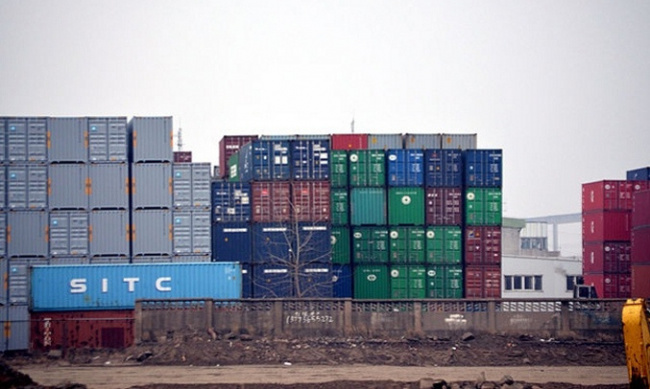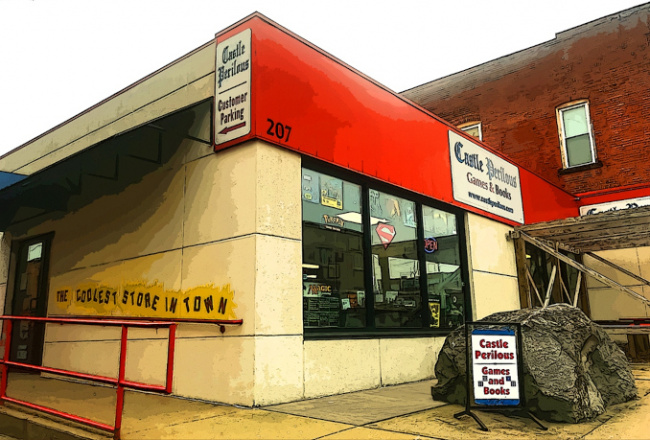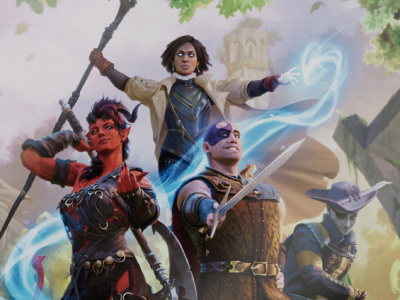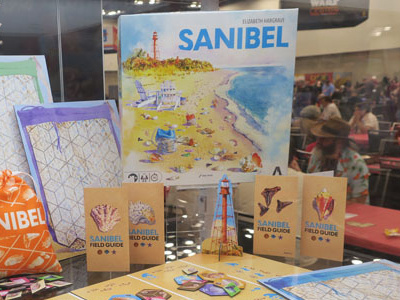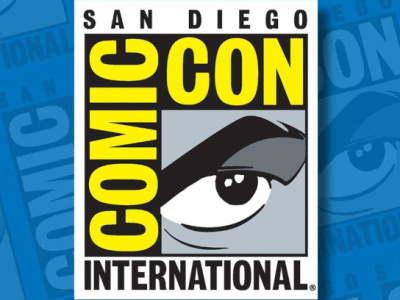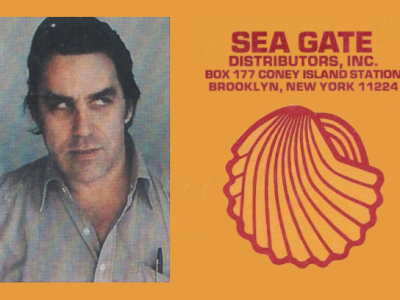Remember how I said last week that role playing games might get exempted from the 145% tariff slapped on imports from China because printed materials, such as books, fall under a surprising long list of specific exemptions (see "Rolling for Initiative")? Well, maybe and maybe not. After the column ran, I received an email from Curt Gould, the former supply chain manager for Wizards of the Coast. In his email, he pointed out a pair of U. S. Custom and Border Protection rulings from the early 1990s relating to RPGs, specifically a CROSS (Customs Ruling Online Search System) ruling from 1989 and a follow up CROSS ruling from 1991, both addressing the importation of RPG modules. The first ruling was in response to an inquiry from the president of Columbia Games while the second answered a similar question from the Procedures Manager at West End Games. Here is the headline for the ruling:
"Fantasy role play games books are expansion modules designed to enhance fantasy game play, not for passive reading. Books; printed matter."
In the rulings, the customs office determined, since RPG materials are designed to enhance a game, rather than for passive reading, they were classified under heading 9504, "arcade, table or parlor games… parts and accessories thereof," meaning they are not exempt from tariffs, instead of getting classified under heading 4901 Books and exempted from tariffs. Of course, these rulings are 25 years old, so a new ruling could change the classification.
If the tariffs continue, things will get bad for the hobby game industry. A tariff of 10% could be absorbed, even 20%, with some stress. A 35% tariff inflicts serious damage on the industry, but a 145% tariff like the one currently in place on imports from China is devastating.
In this interview, Price Johnson of Cephalofair Games says his company may have to quit distributing its games in the US due to the tariffs. One shipment costs $840,000 to manufacture and Cephalofair would have to pay another estimated $873,000 in taxes to bring it into the country, effectively doubling the cost, with no additional benefit to the company.
Why not just shift manufacturing back to the U.S.? As I pointed out in last week’s column, it is not that simple. Matt Molandes, who manages operations for Druid City Games, Brotherwise Games and customer service at Incredible Dream Studios, gave a pretty transparent reason when he posted quotes he received to produce a card game with the following components:
- 108 cards
- Punchout Token sheet
- Rulebook
- Storage Box
The quote from a US factory was $8.04 per unit with a turnaround time of 3-4 months. From a factory in Lithuania, 3 months turnaround for $4.16 per copy, but the token sheet would have to be produced elsewhere. From China, $.54 per copy and the company could have them in 3 weeks. With these costs, Molandes estimates the minimum MSRP for the game if produced in the U.S. would be $40, in Lithuania, $25 and in China $10. China is just far better "designed" for product production than the US currently is. The US has pivoted away from manufacturing towards a service-based economy, with about 75% of GDP derived from the performance of high value services.
Here is one more example. Gamehole Con offers its attendees the opportunity to purchase a limited-edition plush toy, with part of the proceeds going to charity. As with most toys, it gets produced in China but, according to this post from the con organizers, due to the tariff, this year's plush will cost them twice as much as it did last year, with the difference in cost going into the federal treasury, rather than to the charity. Ergo the con organizers are having to decide 1) do they raise the price substantially to keep giving the same percentage to the charity, 2) raise the price as little as possible to cover the tariff and have a bit left over to donate to the charity, or 3) raise the price more to give more to the charity but not as much as normal?
Tariffs will harm far more businesses in the U.S. than the few they help. If you want to do something, you can look up your Congresspeople here and contact them, telling them to put pressure on the administration to roll them back.
Comments? Send them to castleperilousgames@gmail.com.
The opinions expressed in this column are solely those of the writer, and do not necessarily reflect the views of the editorial staff of ICv2.com.



